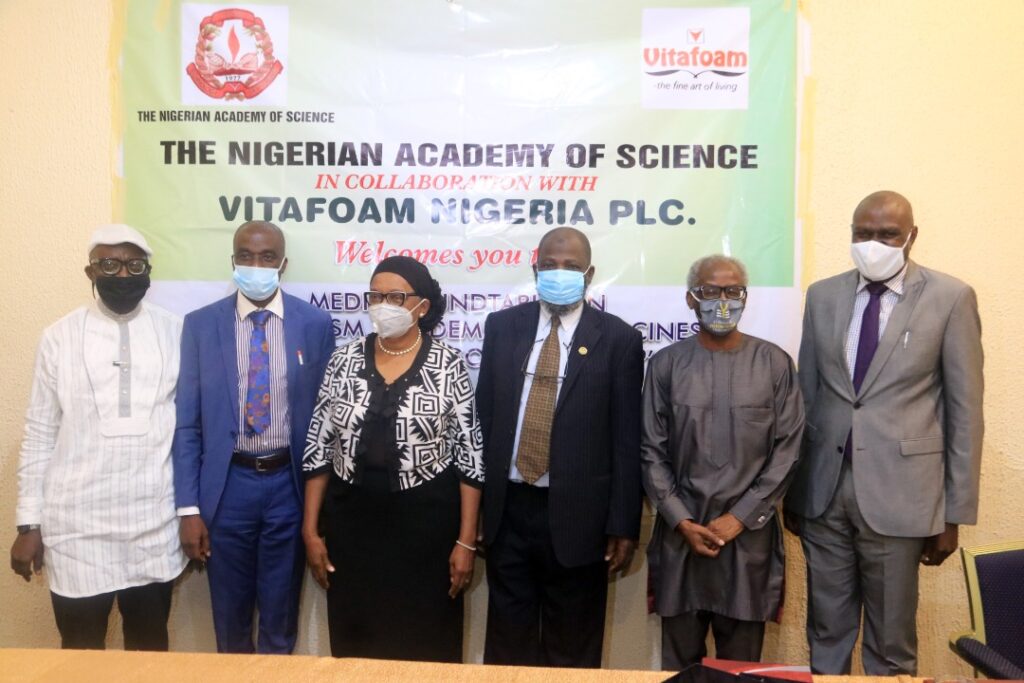Journalists have been urged to fully understand scientific terms and issues to appropriately report them.
Former Deputy Editor of The Nation, Dr Olayinka Oyegbile stated this in a presentation at the Nigerian Academy of Science (NAS) Media Roundtable in Lagos titled Reporting of Complex Science stories.
According to him, the role of journalists is first and foremost that of an interpreter who should be able to take verified information and analyses and explain what it means to those concerned.
While noting that Journalism is an art, while science is science, he said they both share an agenda; which is to dig up evidence to produce facts from experiments and research so that the outcome they present is credible enough to gain acceptance.
To avoid misrepresenting scientific issues, Oyegbile said journalists should consider reporting what the larger body of academic research indicates rather than a single study.
He noted that science and medical issues like the COVID-19 have to be accurately reported based on verifiable facts and details to avoid provide the people with information on what they need to know and what they need to do in various situations when the need arises.
With all kinds of falsehoods and conspiracy theories about COVID, journalists according to him have a major role to play in curbing the spread by providing convincing details by real experts.
He said the media is presently doing a lot in educating the people about COVID and needs to do more by updating their knowledge about new developments on the disease.
He recommended four books The Great Influenza: The story of the deadliest pandemic in history by John M Barry, The Coming Plague: Newly Emerging Diseases in a world out of Balance and Betrayal of Trust: The Collapse of Global Public Health, both by Laurie Garrett and The Hot Zone: the terrifying true story of the origin of the Ebola Virus by Richard Preston.
In his goodwill message, Mr Segun Owoade of Vitaform, sponsors of the Roundtable who also noted that newsrooms across the country have made pandemic coverage a priority urged journalists to continue to debunk misinformation by providing lifesaving coverage using verified data to ensure accuracy of facts.
“ With the introduction of the vaccine, there are so many questions which have been left unanswered thereby breeding doubts about the vaccine. We believe that through research and investigative journalism, people’s perception about the COVID-19 vaccine would be shaped through proper education,” Owoade said.
He commended the initiative behind the roundtable discussion which is to highlight the need for the proper education of the people, bridge the information gap that exists about the pandemic, the vaccine itself and finally how we can move on from ignorance/half knowledge to proper enlightenment.


